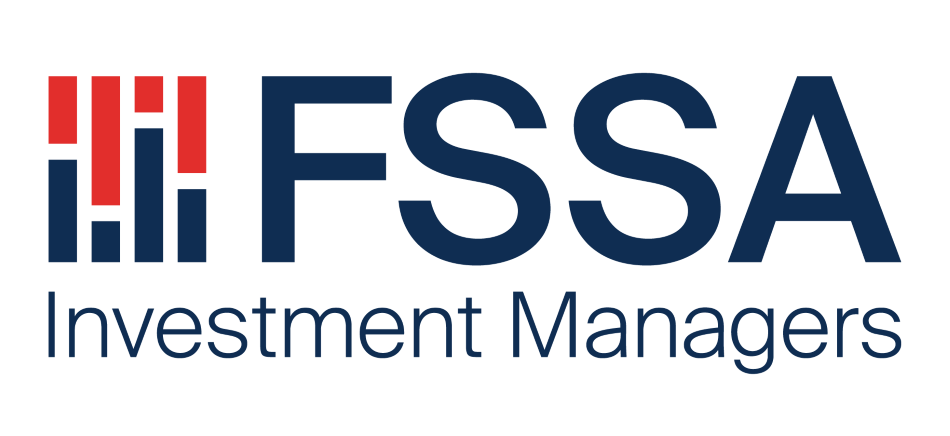A monthly review and outlook of the Asian Quality Bond market.
Market review - as at November 2017
Asian credit market weakened in November as investors turned cautious amid tight valuations and expectations of upcoming supply. JACI returned a negative 0.18% largely due to spreads widening and higher US treasury yields. Investment grade outperformed high yield though both delivered negative returns at -0.16% and -0.27% respectively. By countries, spread returns were mixed. Mongolia and Bangladesh stood out as the top positive contributors, while Indonesia, Pakistan and China were the worst performers.
In the US, the President’s nomination for the incoming Chairman of the US Federal Reserve (Fed) was confirmed as Jerome Powell. During Powell’s confirmation hearing, he reiterated Yellen’s rhetoric of being on track for a rate hike in December and an overall gradual upward path for interest rates. Markets took the announcement in their stride and saw the appointment as a continuation of the Fed’s current approach.
After having kept policy rates on hold since mid-2016, Bank of Korea (BoK) became the first Asian central bank to tighten monetary policy by hiking policy rate by 25bps to 1.5%. This was in line expectations if one recalls that BoK highlighted in their last statement that conditions are getting ripe to adjust monetary easing even though growth and inflation conditions will still need to be monitored. That said, the rate hike decision was not unanimous with 1 board member calling for policy rate to be on hold. On growth, BoK’s Governor Lee thinks this year’s growth will come in at 3.1-3.2%, slightly higher than its October forecast. He expects another year of above potential growth in 2018 at around 3%, modestly higher than previous forecast of 2.9%. On inflation, he believes CPI will stay at 1% level in the near term and gradually approach the target rate of 2% over time.
Other newsworthy events in the month include the rising oil price which moved close to US$60 a barrel, the highest level since June 2015. This was boosted by speculation that OPEC will extend production cuts, which was confirmed later in the month. Also helping the rise was the arrest of a number of ministers, royals and military officials as part of an anti-corruption campaign in Saudi Arabia. Geopolitical risk was further increased when North Korea launched another missile after a notable hiatus around the time of the Chinese Congress. Whilst the missile was significantly bigger than prior ones, market was somewhat unresponsive to the event and again demonstrated a resilience to ongoing geopolitical risks, for now.
Despite the cautious sentiments, we witnessed USD 36.2b worth of supply which is the busiest month this year. This brings year to date supply to 56% from the same period last year. Alibaba’s 5 tranches USD 7b supply stood out and was well received by US investors who previously shunned Alibaba’s inaugural issue 3 years ago. This issuance is significant as it potentially has the impact of leading the way for Asian corporates to build a benchmark curve, which will help deepen our markets.
We maintained neutral in US duration throughout the month as US treasury yields remained stuck in a tight trading range despite optimism around the tax reforms. We believe 10 year US treasury yields will remain in our previously identified 2-2.5% range. We further increase our overweight in credit via several new issues in Chinese SOEs. In other countries, we remained overweight in the high quality Singapore banks and Hong Kong corporates while underweighting Indonesia and Philippines sovereign. Our local currency bonds exposure remains at below 5%.
Please click Download PDF for full article.









 Australia
Australia  New Zealand
New Zealand  Singapore
Singapore 















 United Kingdom
United Kingdom 